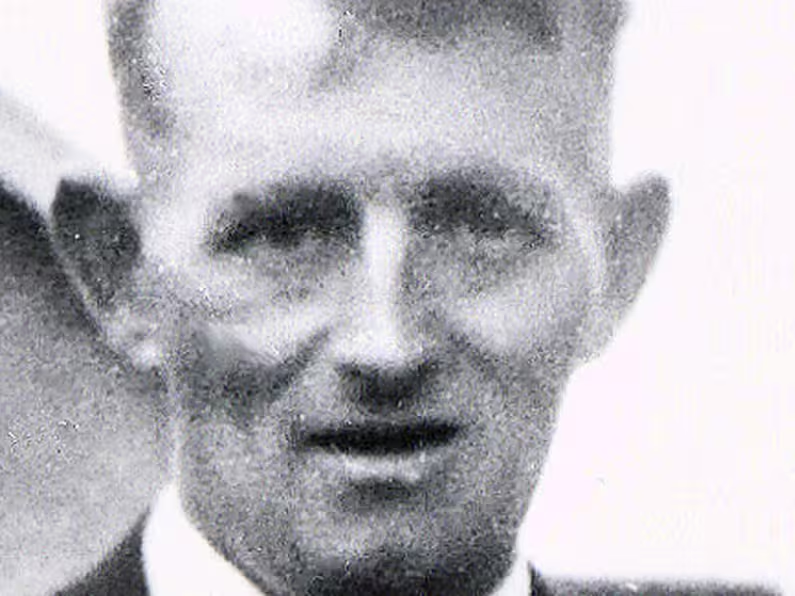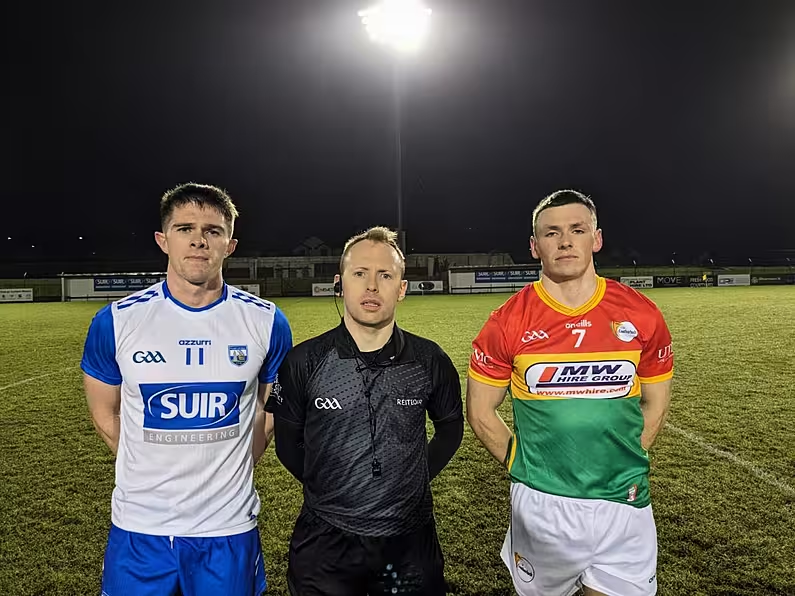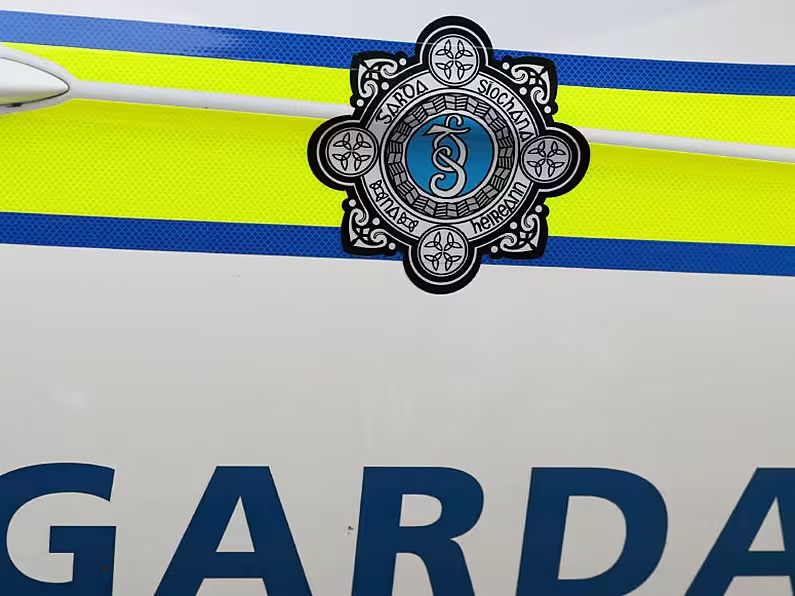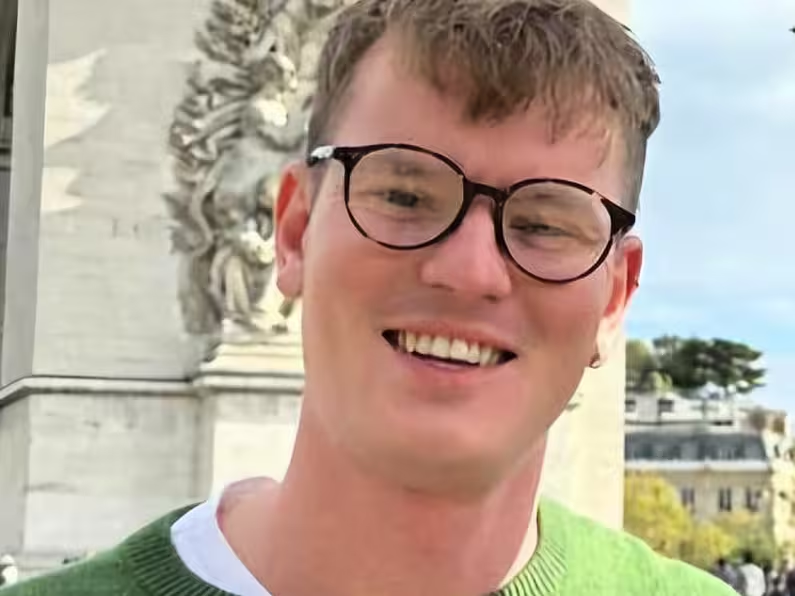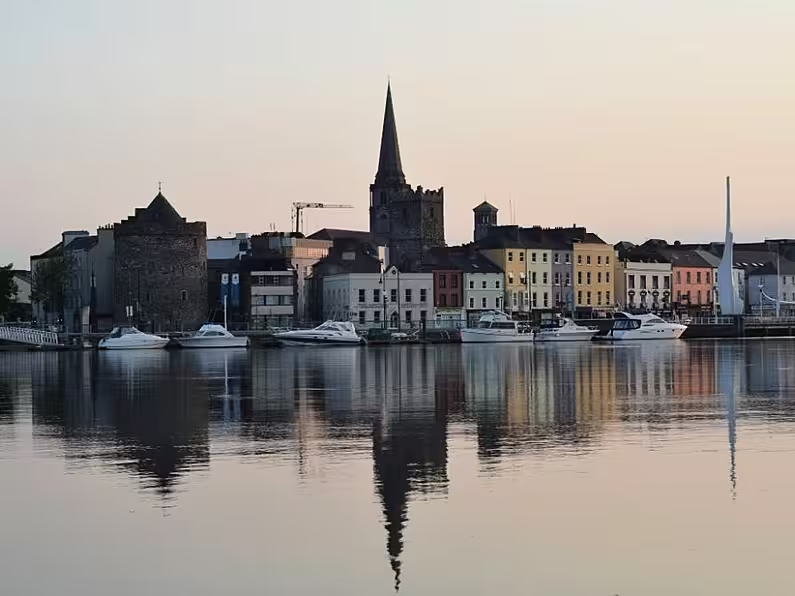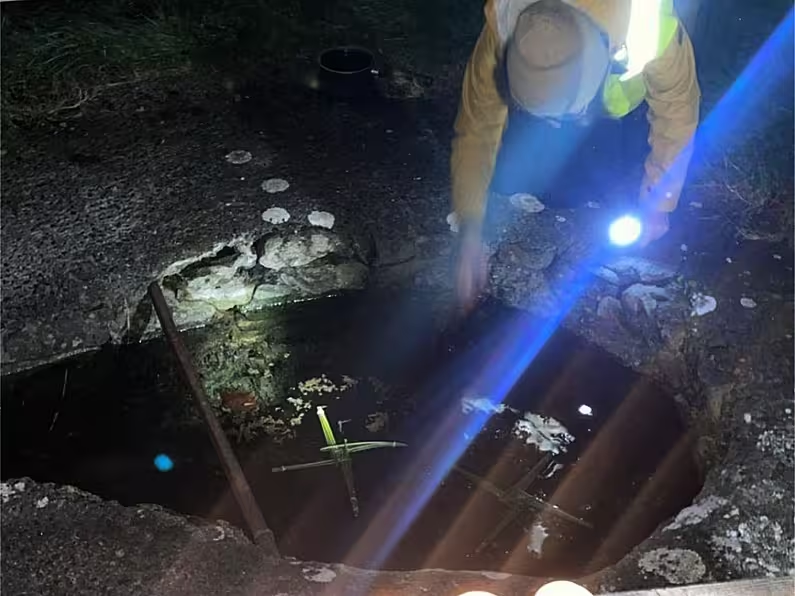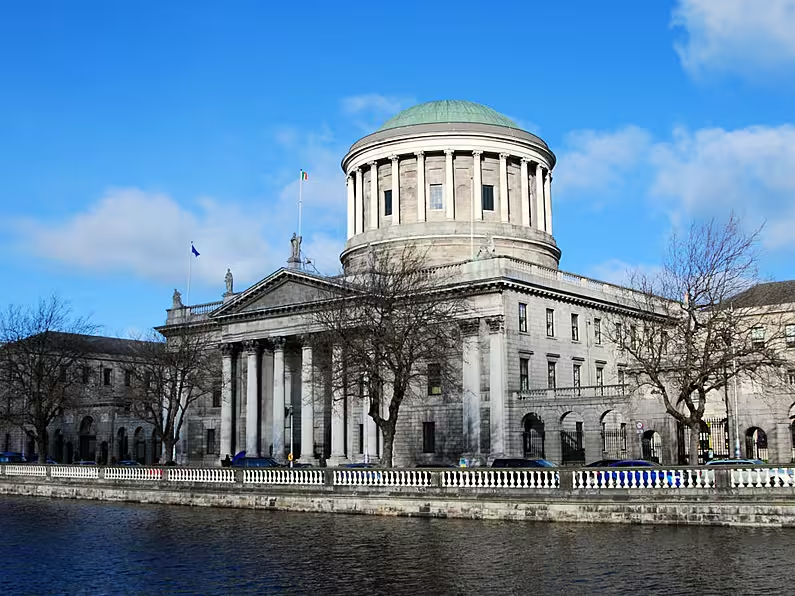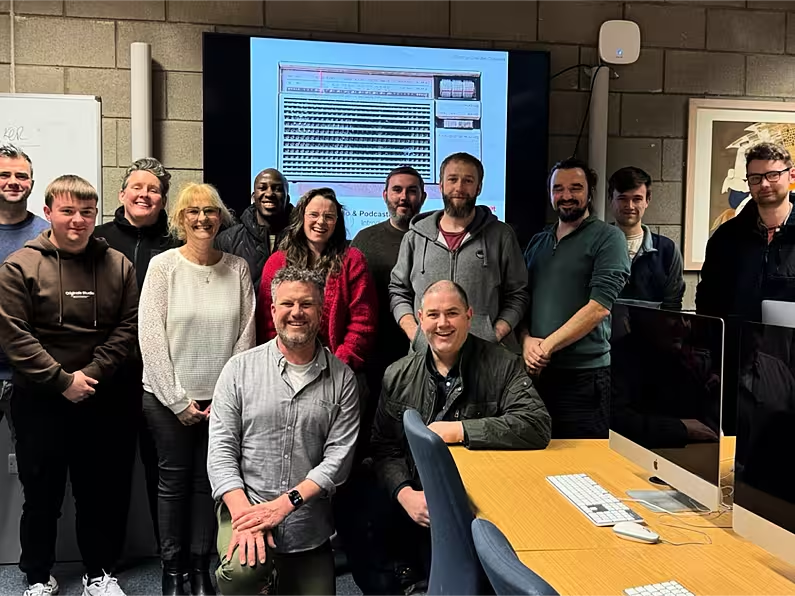Michael McAleer
The Supreme Court will rule later on a bid to compel the State to set up a commission of inquiry into the Garda failure to effectively investigate the murder of Co Louth forestry worker Seamus Ludlow.
The State disputes claims by Mr Ludlow’s family that such an inquiry is required under the Constitution and European Convention of Human Rights (ECHR) for reasons including the requirement to properly protect the right to life.
After final arguments on Thursday, the Chief Justice, Mr Justice Frank Clarke, said the seven judge court will give judgment on a later date. This is a “very difficult” case involving complex legal issues and is also of emotional importance to the family, he noted.
Thomas Fox, a nephew of Mr Ludlow, brought the appeal on the family’s behalf over the Court of Appeal’s rejection of their case.
Implications
It centres on important issues, with potential implications for other cases, concerning the nature and extent of the State’s obligations under the Constitution and Article 2 of the ECHR to provide a legal and administrative framework that effectively protects life and provides an effective means of investigating deaths and holding those responsible to account.
Mr Ludlow, aged 47 and with no paramilitary connections, was shot after leaving a bar in Dundalk and his body was found on May 2nd 1976 in a lane near his home.
Despite the RUC having identified suspects north of the border, the Garda investigation was suspended after three weeks. The family say gardaí failed to pursue an important line of inquiry – that Mr Ludlow was an innocent victim of either loyalist or British forces who mistook him for a senior member of the IRA.
A 2004 report by retired High Court judge Henry Barron stated the murder was “a random, sectarian killing of a blameless Catholic civilian by loyalist extremists” and named four persons as the suspected perpetrators. The DPPs on both sides of the border later recommended no prosecutions concerning the four.
A Joint Oireachtas Committee said in 2006 it could not resolve why gardai did not follow up the RUC information but believed it was because of a direction by a former senior garda.
'Inexcusable handling'
In 2015, then Minister for Justice Frances Fitzgerald apologised to the family over the "inexcusable" handling of the Garda investigation but said there was no "new or substantial" information warranting commissions of inquiry.
In closing arguments on Thursday, Ronan Lavery QC, for Mr Fox, said “wilful obstruction” of the murder investigation by the Garda triggered the State’s obligation to investigate that investigation and see what went wrong.
Mr Fox has been “almost mocked” for looking for “an investigation into an investigation” but that is required under the legal principles concerning how the right to life is to be vindicated, he said.
The State can access all the necessary documents for an inquiry, should be seeking one out of concern to ensure every possible step is taken to vindicate the right to life and Mr Ludlow’s family should be involved, he said. A commission was not about achieving a particular outcome but rather about making State institutions accountable.
In opposing arguments for the State, Attorney General Paul Gallagher said the “extensive”, independent, inquiry by Judge Barron, along with the inquiry by the Joint Oireachtas Committee, met the State’s obligations under the Constitution and the ECHR.
No derived right
There is no derived right under the Constitution to have an inquiry into an investigation and a finding of any such right would have resource and other implications, he argued.
Catherine Donnelly SC, also for the State, argued Mr Ludlow’s side were incorrect in arguing that the State’s duty under Article 2 to have legal structures in place to protect the right to life includes a duty to procure a prosecution or to investigate an investigation into a death.
Among the issues in the case is whether the family can rely on the ECHR in circumstances where Mr Ludlow was murdered before the Convention had effect in domestic law here via the ECHR Act 2003.
The Chief Justice said on Thursday the court’s preliminary view is the “critical” date for triggering the State’s obligations under the Convention is 2003.
The court has yet to decide whether, as the family argue, the State has a procedural obligation to investigate an unlawful death prior to the critical date when there is a temporal connection and when a significant portion of the procedural investigative steps have been taken after the critical date, he said.



